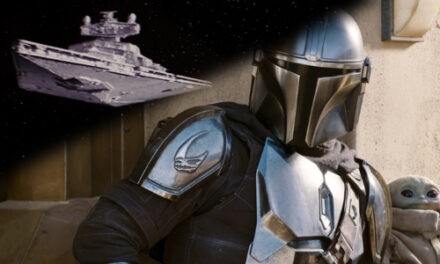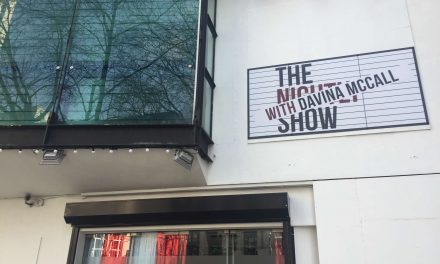I watched Inspector Montalbano on Sunday evening.
Thank goodness I didn’t stay in on Saturday evening to watch Borgen’s replacement.
Sam Wollaston’s Sunday morning review promised much, according to him ‘It looks gorgeous’ – really? In a seventies B film kind of way maybe. The drained colour, tinny music and sweeping helicopter shots over Ragusa reminded me of crime dramas from my youth. And not in a good way.
For Wollaston the central character, Inspector Salvo Montalbano (Luca Zingaretti ‘has lovely flashing dark eyes, a nice sarkiness and a fiery Latin temperament (though there’s a warm heart underneath it all). Sorry Sam – this says more about your taste in men then mine. Especially when he goes onto assure his readers that this is: ‘One for the ladies definitely; ciao bella, mwah, mwah.’ Again, Sam, it depends what the ladies want. It had this one apoplectic with rage before packing off to bed in a huff.
The point of Montalbano is that we are not in 70s Italy at all, this is late 90s Sicily (this first episode was made in 1999). But if the sexual politics contained in this episode are anything to go by us ‘ladies’ are certainly in for a tiresome ride into a misogynist past.
Is it that BBC4 feel that they need to offer some kind of corrective to the liberated and (frankly) empowering images of women contained in Danish series like The Killing and Borgen? Do they worry that us ‘ladies’ might become too uppity after the superior detection of Sarah Lund and the power brokering of Birgitte Nyborg?
In the first 15 minutes of the episode Montalbano reveals his attitude towards women. Questioning the neighbours of the murdered man in the lift (yes, really, this was one of the central stories), two women admit that they saw the dead man but failed to report it as they thought he was drunk because of a bottle of wine on the floor. Not long later, the detective interviews another neighbour in the hallway so that his wife can’t overhear them. He asks Montalbano if he can have said bottle of wine back and confesses to riding in the lift with the dead man with his shopping. Montalbano looks incredulous until the neighbor confesses that his wife is a harridan, counts every penny and he will be in real trouble if he doesn’t get the wine back.
What happens next? Of course the fiery Latin detective instructs his next in command to have the women picked up ‘as loudly as possible so that all the neighbours hear’, taken to the police station and then released without charge so that their ‘respectability’ is shaken. Without skipping a beat he then reaches into his wallet, hands the bemused colleague a banknote telling him to replace the bottle of wine to preserve a marital relationship.
So far so sexist. As if this isn’t enough the detective is shown throughout the episode ducking calls from his girlfriend and then rewarding her with a marriage proposal.
Of course, this is not the whole story but there is very little to whole 90 minutes apart from an overabundance of dialogue. The writers of the series would have done well to take heed one of the basic lessons of scriptwriting – why narrate every inch of the story when you can show it through action?
Rhiannon Harries of The Independent, while still insisting that the series looks gorgeous (am I missing something here?), nails the crashing disappointment of Inspector Montalbano by saying ‘It’s hard not to conclude that were Montalbano in English it would never have found its way on to BBC4. Subtitles aside, this is Midsomer Murders stuff (albeit with a Mediterranean sensibility)’.
The truth is, even if we can overlook the machismo and dreadful sexual politics, we have come to expect something special from our Saturday nights with BBC 4. Good scripts, fine acting, classy series – all the things that Montalbano just doesn’t have. If the powers that be on the BBC have any sense they will cancel the rest of this series. They may as well save their money and replace it with British re-runs from the 70s. Suddenly even ITV’s The Sweeney begins to look attractive.
Kim Akass is a Senior Research Fellow and lecturer in Cutural and Contextual Studies (Film/TV) at the University of Hertfordshire. She has published widely on US TV, is co-founding editor of Critical Studies in Television and is co-editor (with Janet McCabe) of The Reading Contemporary TV series for I.B. Tauris. She is currently working on a book about mothers in the media for I.B. Tauris and is webmistress of CSTonline.





